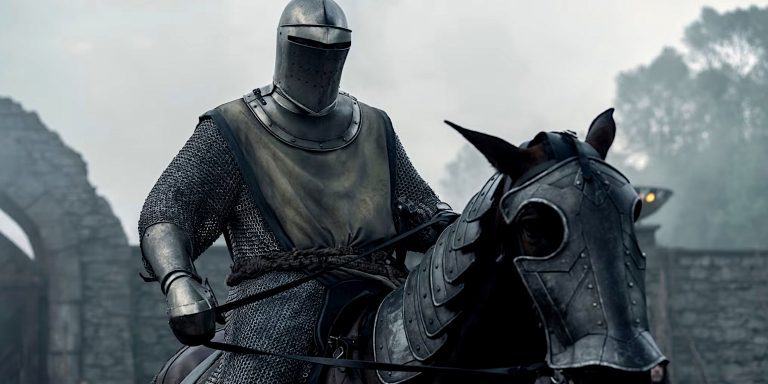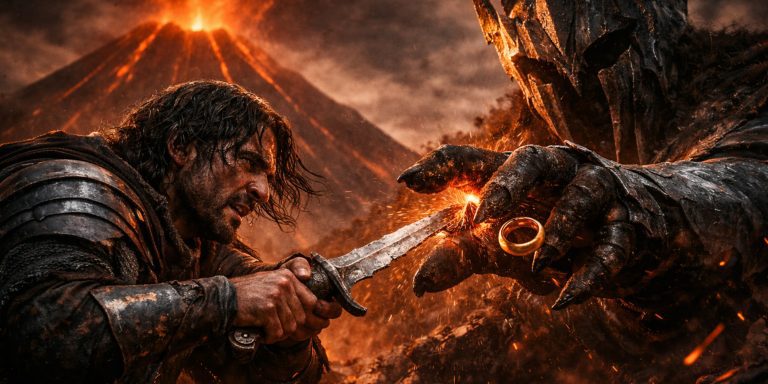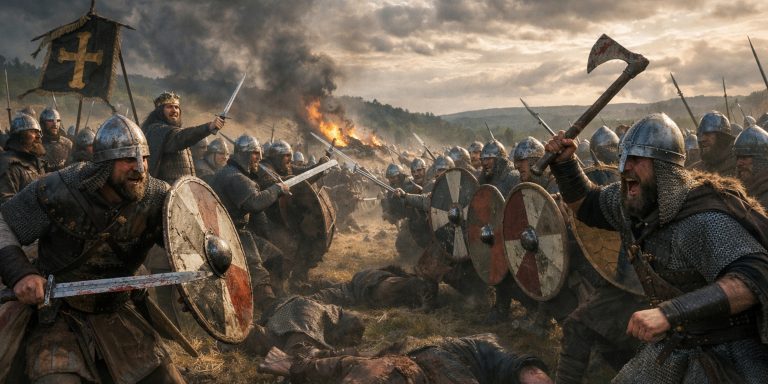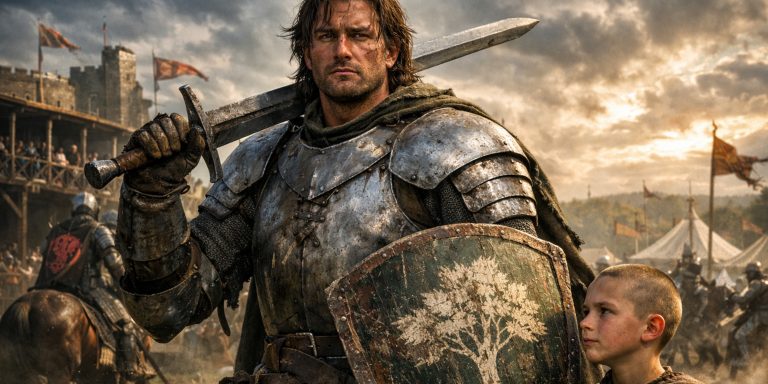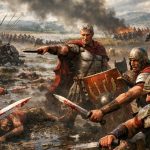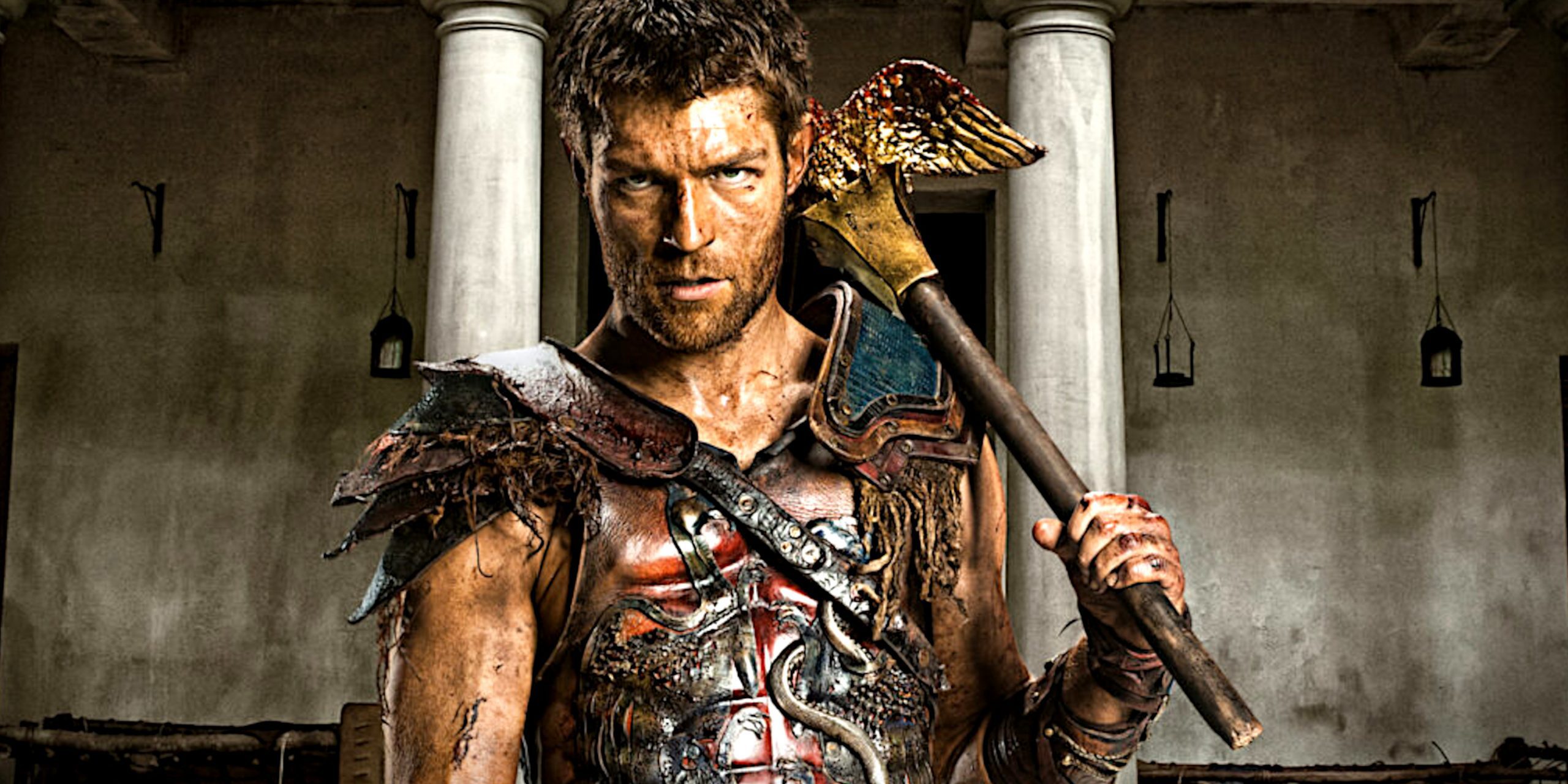
The Spartacus television series, created by Steven S. DeKnight and first aired in 2010, remains one of the most distinct and hard-hitting historical dramas of the past two decades. Across its four seasonsm Blood and Sand, Gods of the Arena, Vengeance, and War of the Damned, the series offered a brutal and often poetic blend of politics, combat, and rebellion. Whether you are returning after years away or guiding a newcomer through the chaos of Roman servitude and revolution, some episodes stand out as essential viewing. These episodes define the story’s turning points, character arcs, and thematic weight.
Below are the core episodes worth revisiting.
1. The Red Serpent (Blood and Sand, Episode 1)
The series opener wastes no time establishing the visceral tone and aesthetic. Spartacus, still a nameless Thracian, is dragged into the Roman world after defying orders. His enslavement, separation from his wife Sura, and the introduction of Batiatus’s ludus make this a crucial starting point. The tone is raw, the violence unrelenting, and the storytelling immediate.
2. Kill Them All (Blood and Sand, Episode 13)
This is the climax of the first season and one of the most iconic finales in the series. Spartacus leads a bloody revolt within the ludus, settling scores with Batiatus and sparking the rebellion that will drive the narrative forward. It marks a shift from personal vengeance to organised resistance.
3. Missio (Gods of the Arena, Episode 5)
Though a prequel, Gods of the Arena adds depth to the original series. Missio focuses on the ambition and brutality of Batiatus as he tries to secure power in Capua. The political dealings, along with Gannicus’s prowess in the arena, offer vital context for the house Spartacus would later destroy.
4. Wrath of the Gods (Vengeance, Episode 10)
This finale shows Spartacus’s forces overwhelmed but unbroken. The episode is significant for the deaths of several long-standing characters and the tactical retreat that preserves the rebellion. It also fully cements the transformation of Spartacus into a general.
5. The Dead and the Dying (War of the Damned, Episode 9)
A quieter but emotionally rich episode. Spartacus offers captured Roman nobles the chance to fight in the arena, mirroring the fate of slaves. This reversal captures the moral complexity of the series and signals the final descent toward war.
6. Victory (War of the Damned, Episode 10)
The series finale delivers the inevitable end. Spartacus falls, but the message survives. With strong parallels to historical accounts, this episode balances tragedy with purpose. It honours the rebellion’s cause without sugarcoating the cost.
7. Reckoning (Blood and Sand, Episode 12)
The penultimate episode of season one sets the stage for the uprising. Spartacus confronts his need for vengeance while Crixus and others begin to shift their loyalties. It is a masterclass in building tension and laying foundations for revolt.
8. Libertus (Vengeance, Episode 5)
Spartacus orchestrates a daring rescue of Crixus, Rhaskos, and Oenomaus. The episode blends tight action with emotional payoff. It also highlights the tactical intelligence that will define Spartacus’s leadership.
9. Shadow Games (Blood and Sand, Episode 10)
This episode demonstrates the calculated use of spectacle. Spartacus and Crixus must fight as a team despite their rivalry. The public display masks a growing undercurrent of rebellion. It also begins to expose the internal rot of the Roman elite.
10. Balance (War of the Damned, Episode 5)
With Caesar infiltrating the rebel camp, paranoia and betrayal rise. The conflict between personal ties and military pragmatism surfaces clearly. Spartacus is forced to make hard decisions, and Caesar’s deception brings a new level of danger.
The Seven Swords Takeaway
Rewatching Spartacus through these episodes offers a focused and rewarding path through its overarching themes, freedom, resistance, identity, and loss. Each selected chapter contributes to the show’s lasting impact, both narratively and emotionally. They reveal not only how the rebellion unfolded but why it mattered. These episodes serve as the backbone of a story that never glorifies war, but refuses to look away from its cost.
Watch the House of Ashur trailer:

